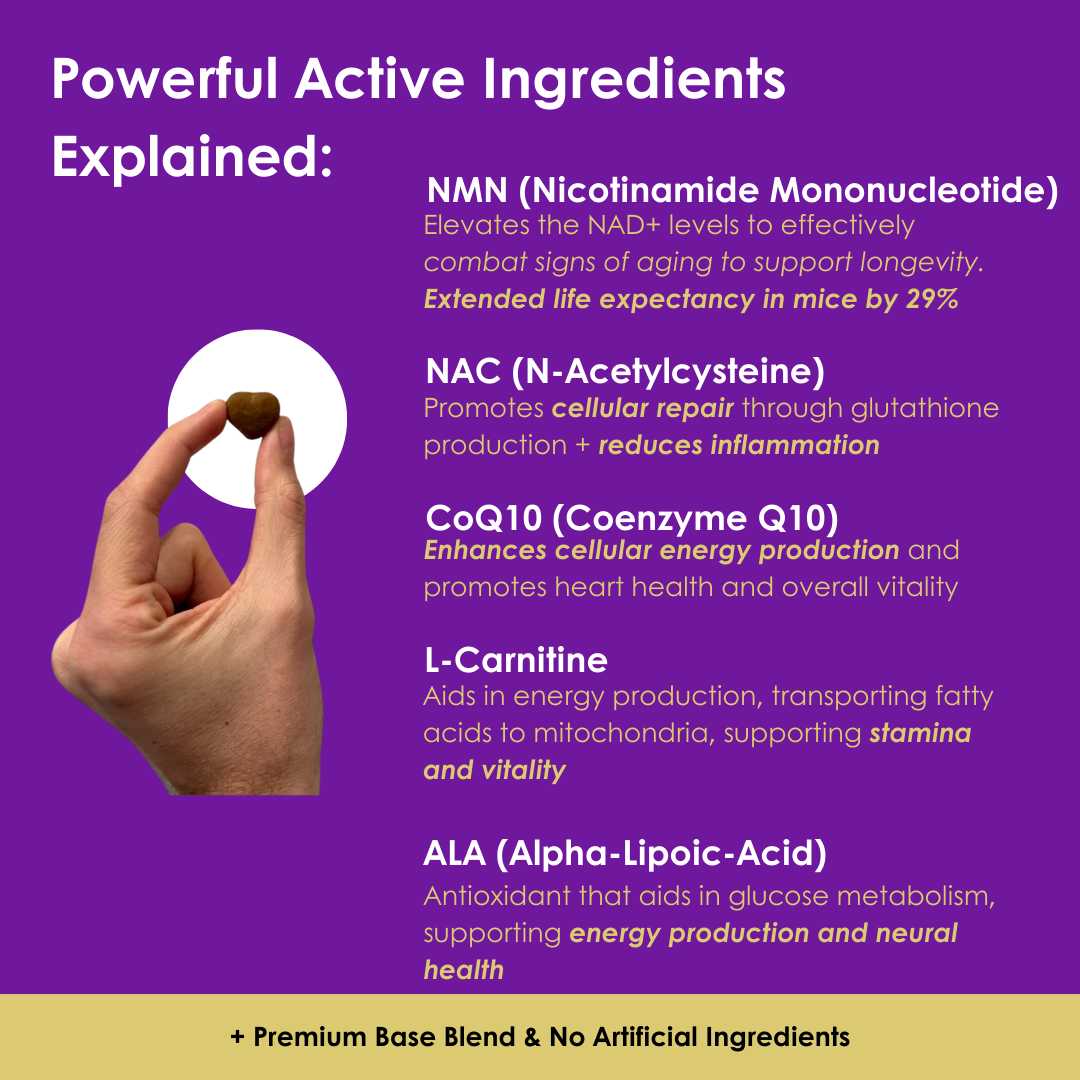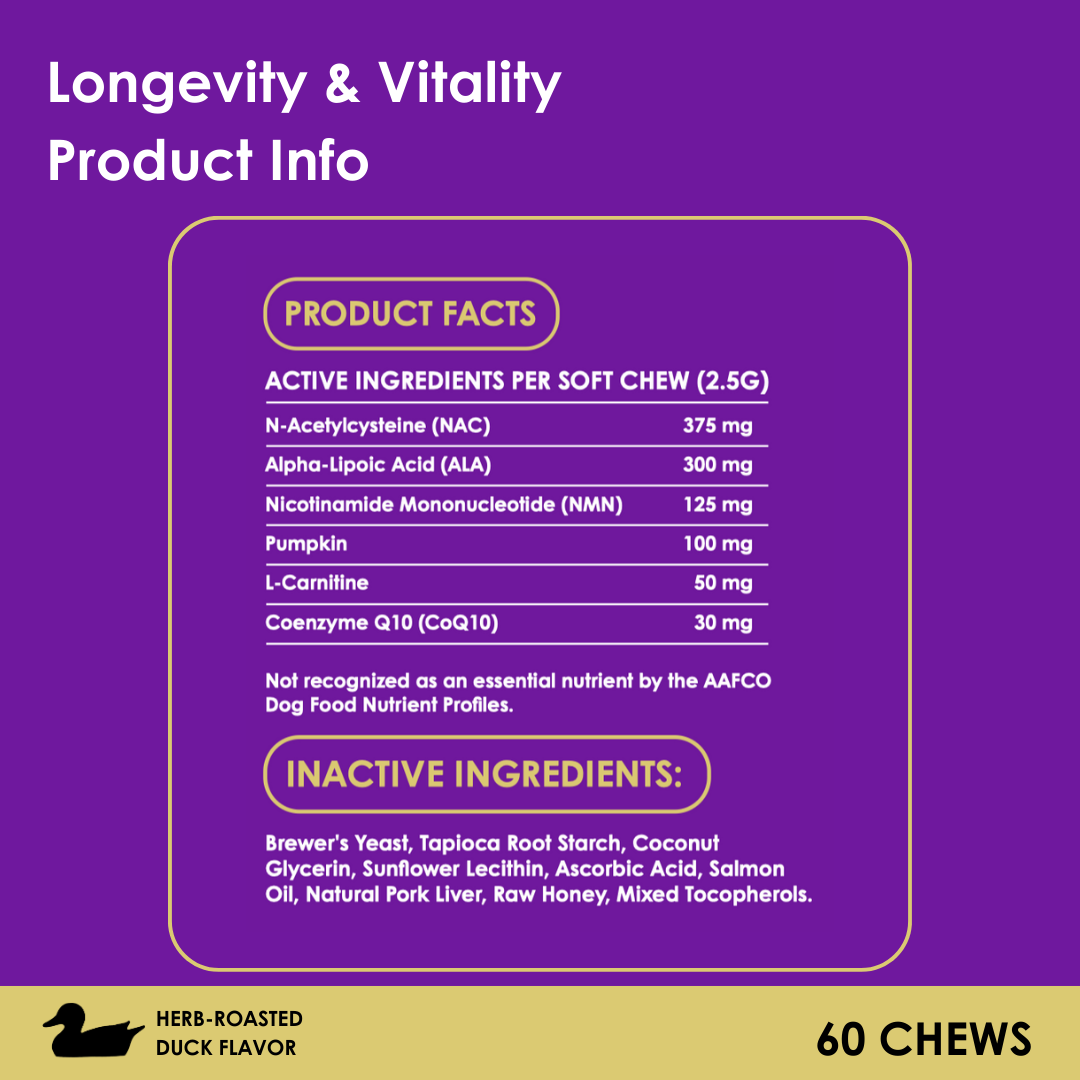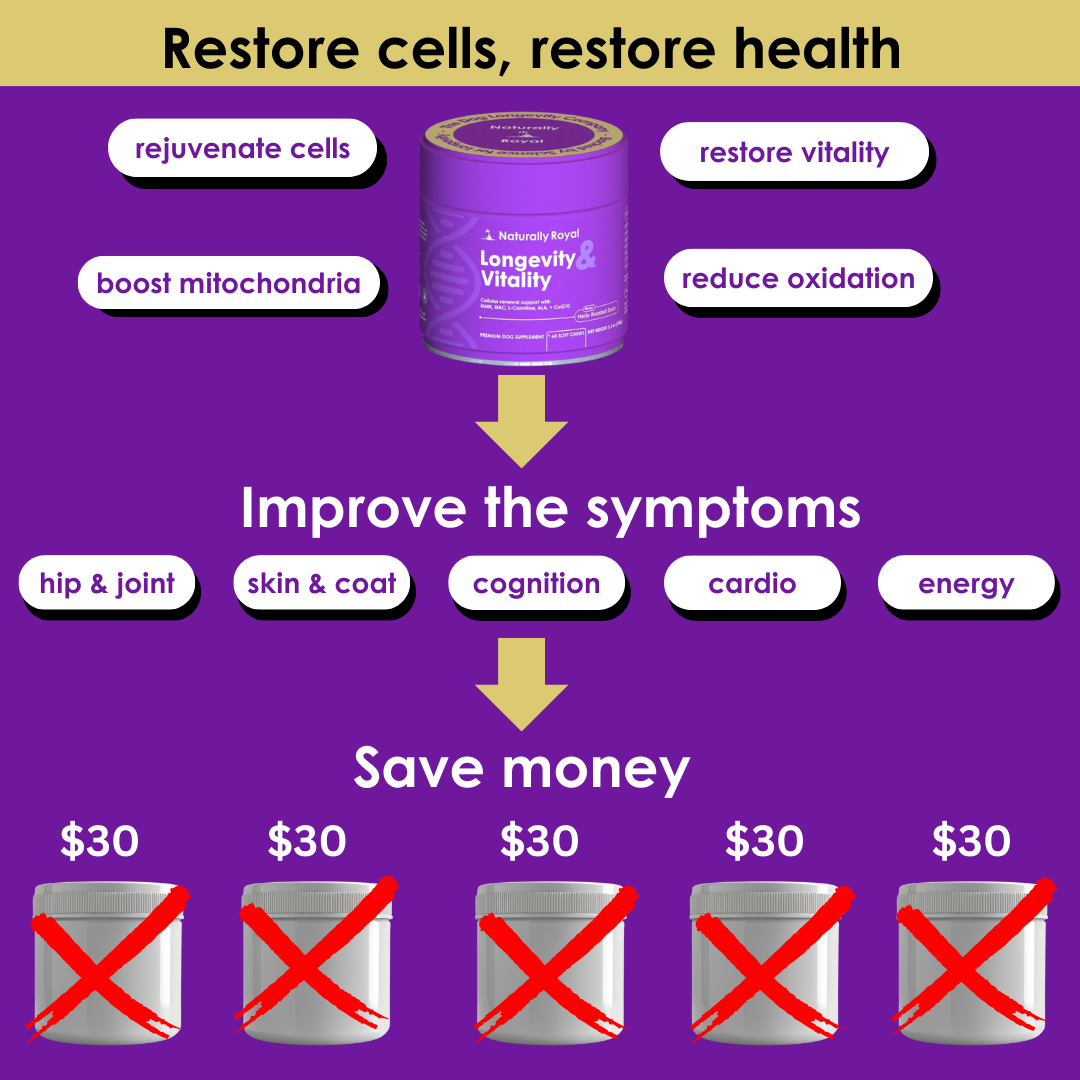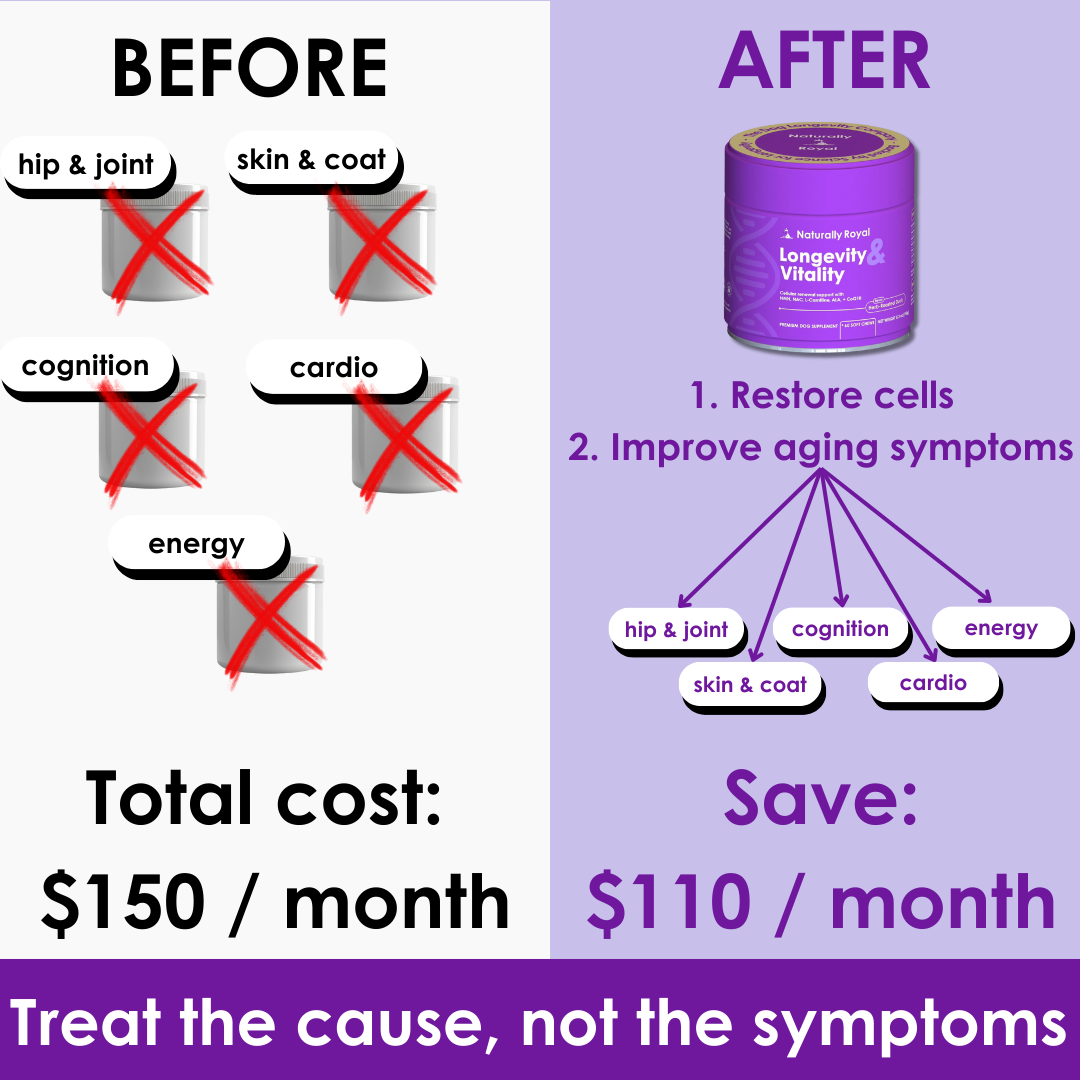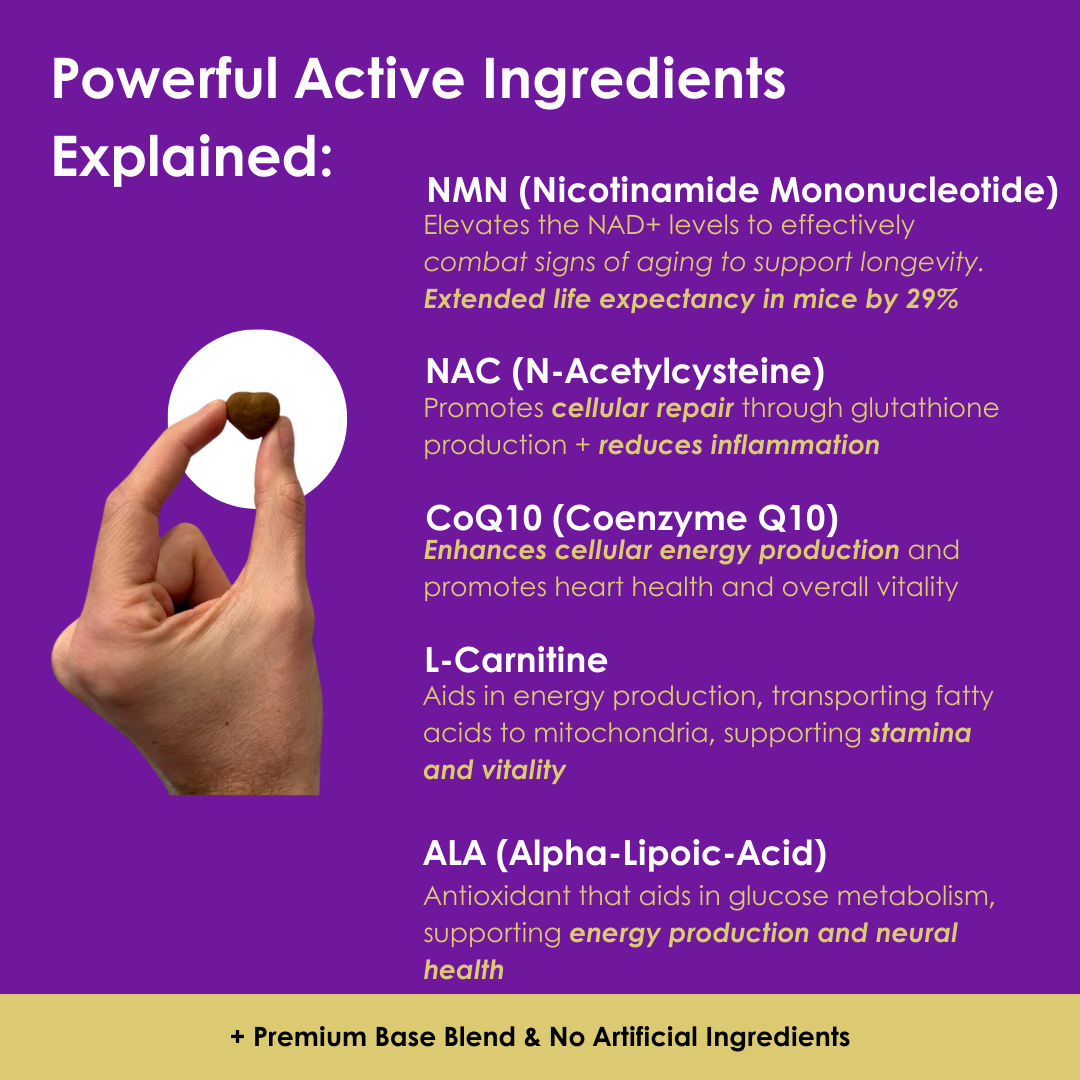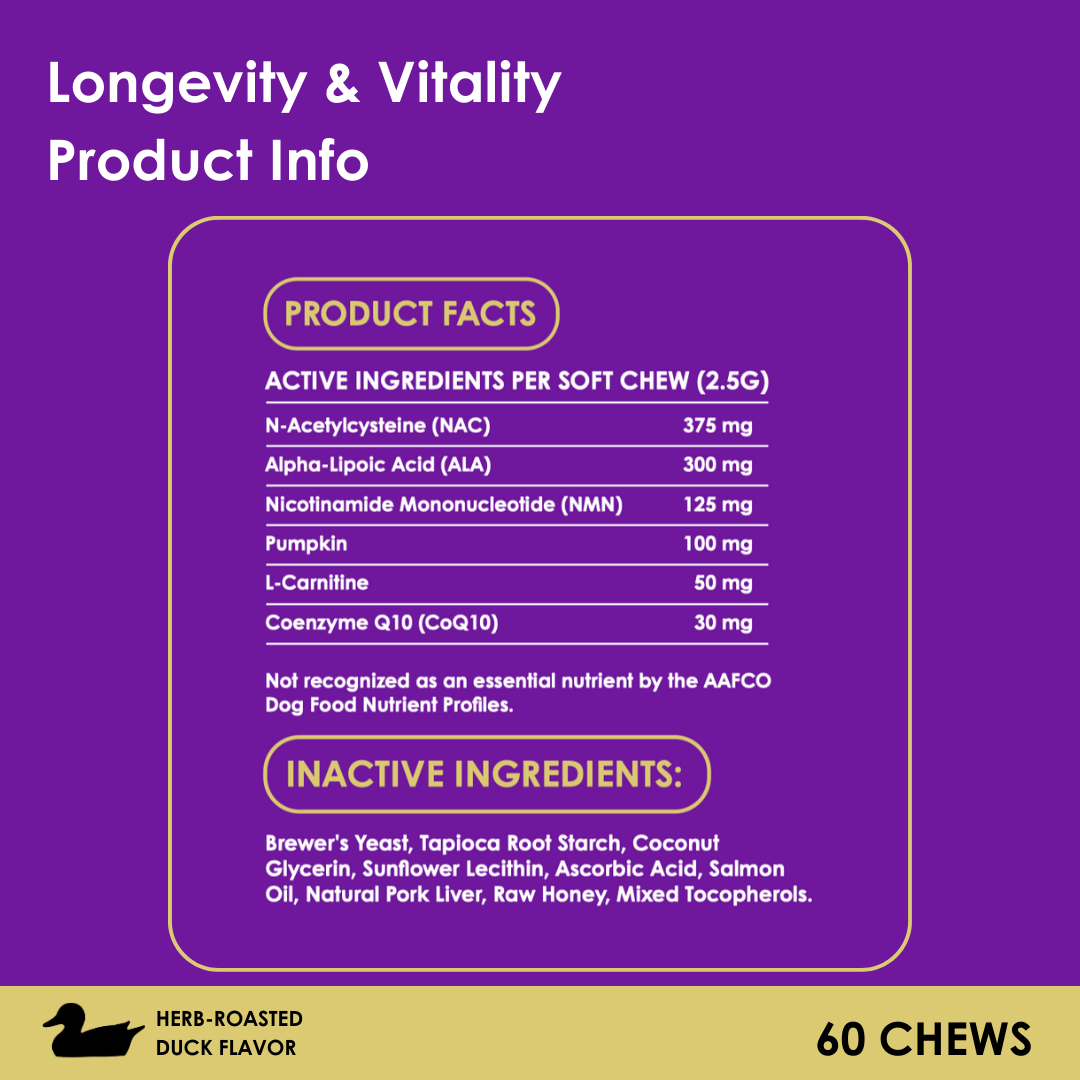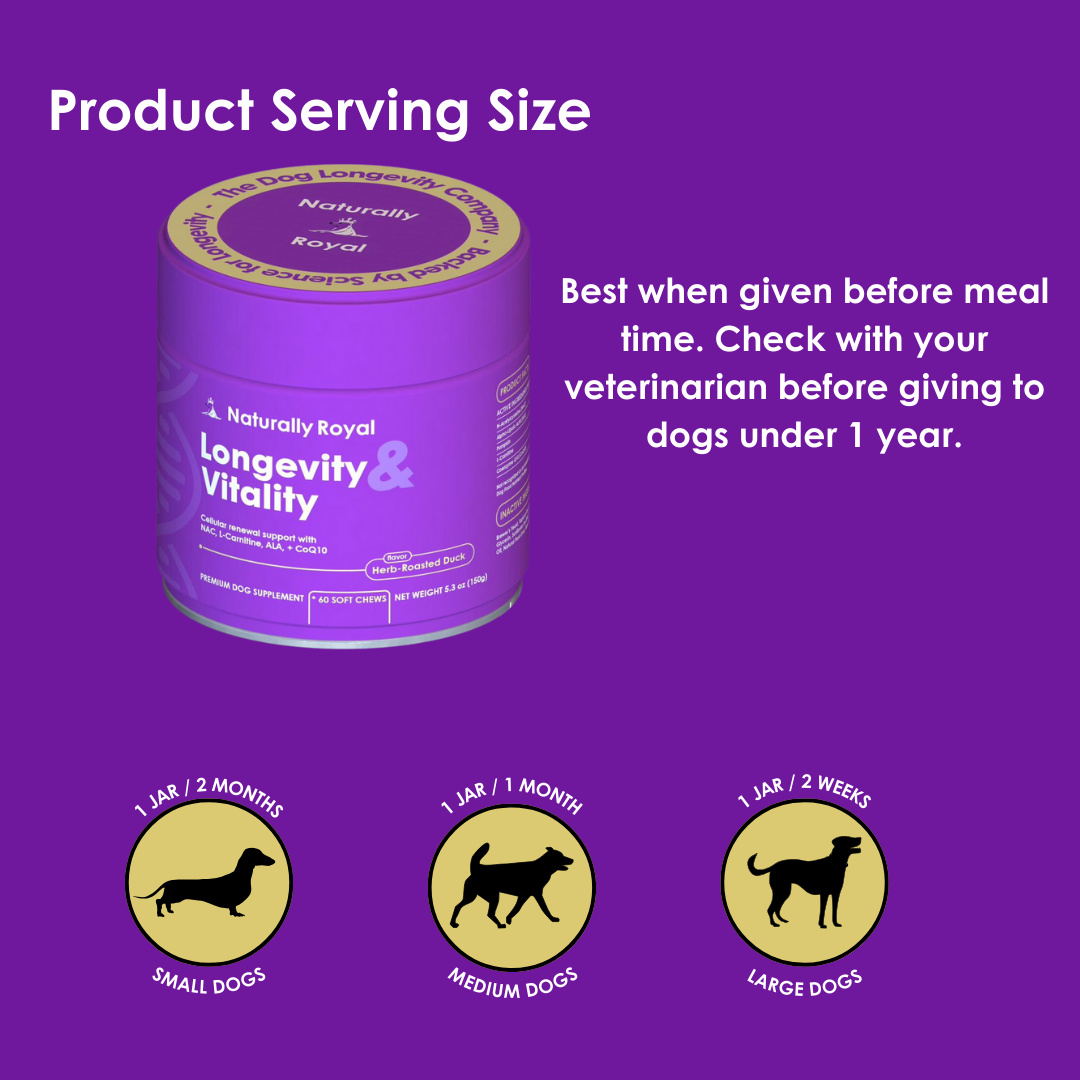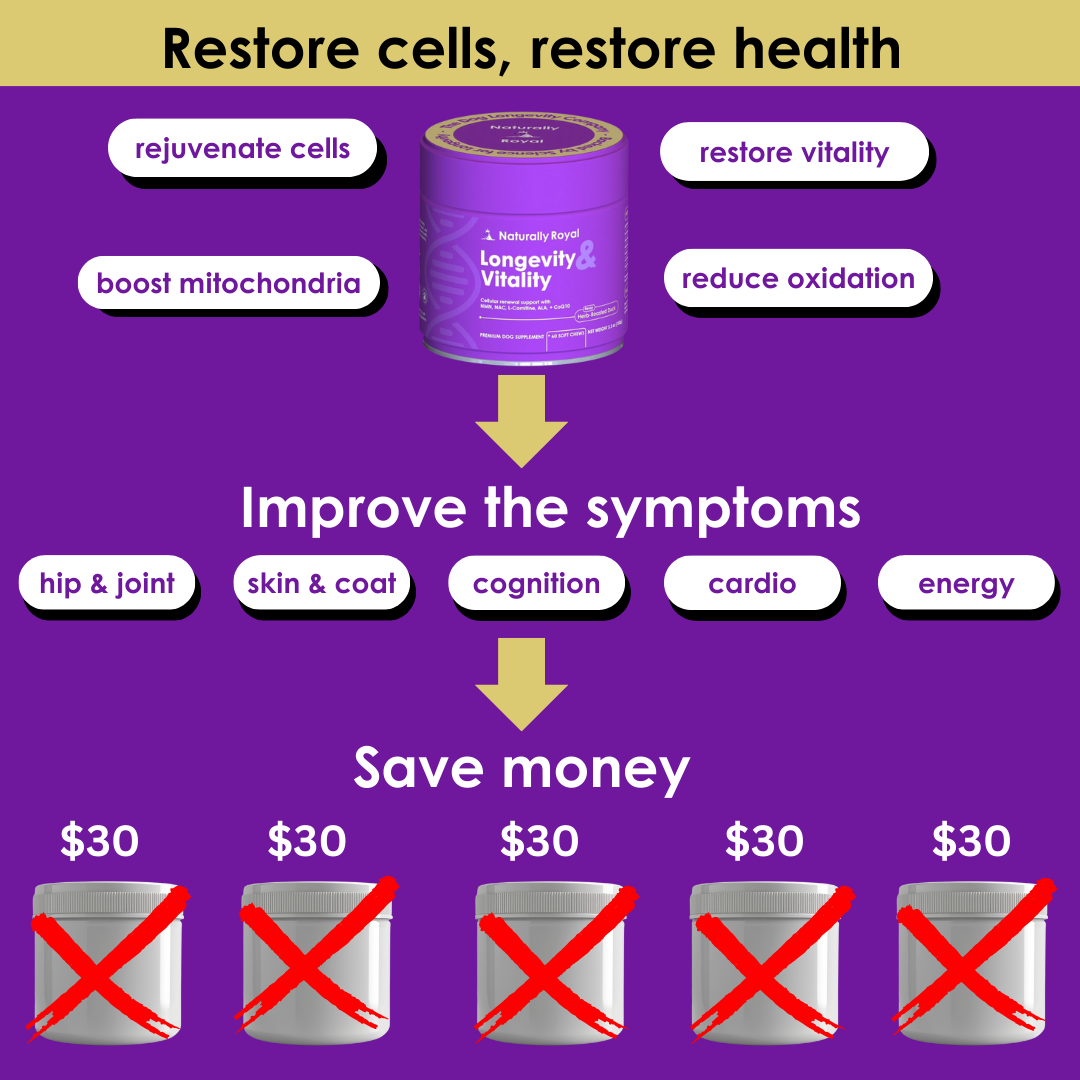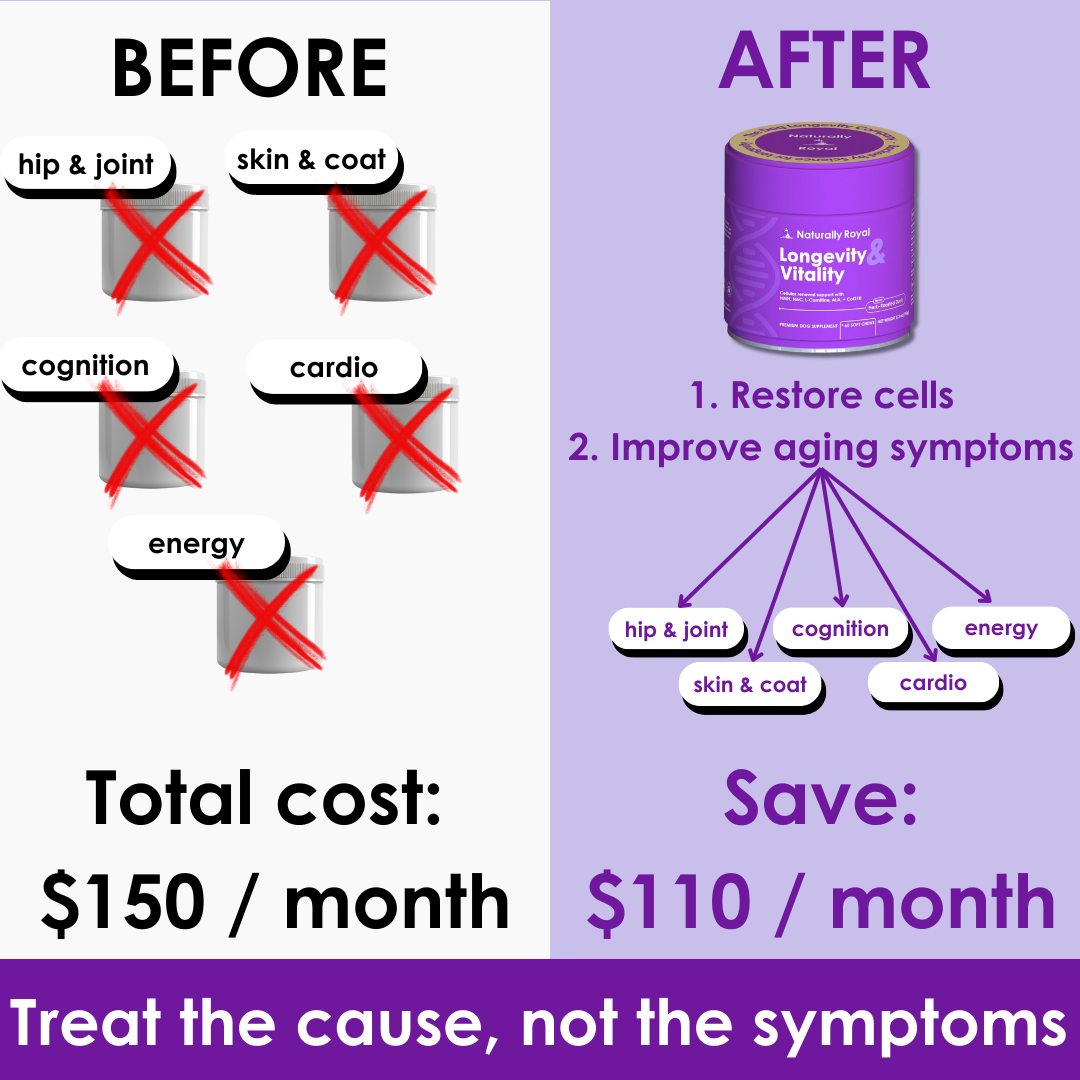Why Is My Dog Coughing Up White Foam?
When a dog starts coughing up white foam, it can be alarming for any dog parent. This symptom can indicate various underlying health issues, some of which may have significant implications for your dog's longevity. Understanding the causes, when to seek veterinary care, and how to treat it can help ensure your dog lives a long, healthy life. Let's dive in:
Causes of Coughing Up White Foam
Coughing up white foam is not a disease itself but a symptom of various conditions. Some of the most common causes include:
-
Gastrointestinal Upset:
- Acid Reflux or Gastroesophageal Reflux Disease (GERD): This occurs when stomach acid leaks into the esophagus, causing irritation and leading to vomiting of white foam. Over time, GERD can damage the esophagus and lead to more severe health problems if left untreated.
- Bloat (Gastric Dilatation-Volvulus): Bloat is a life-threatening condition where the stomach fills with gas and twists. One of the early signs of bloat can be vomiting or retching white foam. Bloat is an emergency situation that requires immediate veterinary attention.
-
Respiratory Conditions:
- Kennel Cough (Infectious Tracheobronchitis): A common cause of coughing up white foam in dogs, kennel cough is a contagious respiratory disease often acquired in places where dogs are in close contact, like kennels. Although typically mild, it can lead to pneumonia if not properly managed.
- Tracheal Collapse: This is common in smaller breeds and results from the trachea (windpipe) becoming weakened and collapsing, causing difficulty breathing and a persistent cough that might produce white foam.
-
Toxins or Foreign Bodies:
- Ingestion of Toxins: If a dog ingests something toxic, they may try to expel it by vomiting or coughing up white foam. Prompt identification of the toxin and treatment is crucial for the dog's recovery.
- Foreign Objects: Sometimes, dogs swallow non-food items that can get lodged in their throat or stomach, causing irritation and vomiting or coughing up white foam. This situation may require surgical intervention.
-
Canine Infectious Respiratory Disease (CIRD):
- Pneumonia or Bronchitis: Infections of the lower respiratory tract can cause a dog to cough up white foam. These conditions are serious and require veterinary treatment.
-
Heart Disease:
- Congestive Heart Failure: In dogs with heart failure, fluid can accumulate in the lungs, leading to coughing up white foam, especially during physical activity or stress.
Longevity Implications
The underlying cause of coughing up white foam can have serious implications for a dog's longevity. For example:
- Bloat is a rapidly progressing condition that can be fatal if not treated immediately. Dogs that undergo successful surgery can live healthy lives afterward, but early detection is key.
- Heart Disease can be managed with medication and lifestyle changes, but it requires lifelong treatment to maintain quality of life and prolong longevity.
- Kennel Cough and tracheal collapse may cause chronic symptoms but are usually not life-threatening if managed appropriately.
In cases of chronic or severe conditions, such as heart disease or gastrointestinal issues like GERD, ongoing care and monitoring are essential to manage the condition and prevent it from worsening, which could otherwise shorten your dog’s lifespan.
Treatment Options
Treatment depends on the underlying cause of the white foam cough:
-
Veterinary Diagnosis: First, a thorough veterinary examination, including diagnostic tests like x-rays, blood work, or endoscopy, may be required to identify the root cause.
-
Medical Management:
- For Acid Reflux/GERD: Medications like antacids or proton pump inhibitors may be prescribed to reduce stomach acid and protect the esophagus.
- For Heart Disease: Diuretics, ACE inhibitors, and other cardiac medications can manage symptoms and improve heart function.
- For Kennel Cough: Antibiotics (if a bacterial infection is suspected) and cough suppressants may be used to alleviate symptoms.
-
Surgical Intervention:
- Bloat: Emergency surgery is often required to untwist the stomach and relieve the gas buildup.
- Foreign Body Removal: Endoscopic or surgical removal of the object may be necessary.
-
Lifestyle Adjustments:
- Dietary Changes: For dogs with GERD or acid reflux, feeding smaller, more frequent meals and avoiding late-night feedings can help.
- Exercise Modifications: Dogs with heart disease or tracheal collapse may need to avoid strenuous activity and be kept calm.
-
Emergency Care:
- In cases of bloat or ingestion of toxins, immediate veterinary attention is necessary to prevent life-threatening complications.
When to Seek Veterinary Care
If your dog coughs up white foam once, it may not be an immediate cause for alarm. However, if this behavior is repeated, or if it is accompanied by other symptoms such as lethargy, loss of appetite, difficulty breathing, or abdominal swelling, you should seek veterinary care immediately. Early intervention is crucial to address potentially serious conditions and to improve your dog’s chances of a full recovery.
Conclusion
Coughing up white foam can be a sign of several underlying conditions, some of which can have serious implications for your dog's longevity. Understanding the potential causes and seeking prompt veterinary care is essential for effective treatment and to ensure your dog lives a long, healthy life. Whether it’s a minor issue like a mild case of kennel cough or a serious emergency like bloat, being informed and proactive can make all the difference in preserving your dog's well-being.




